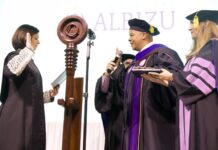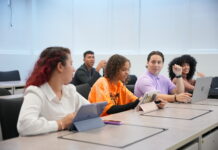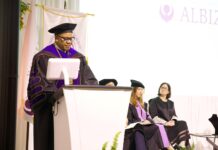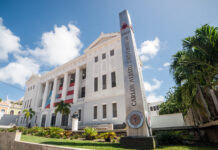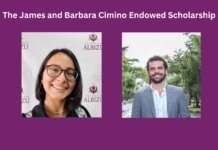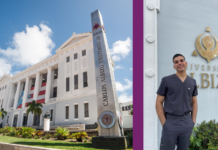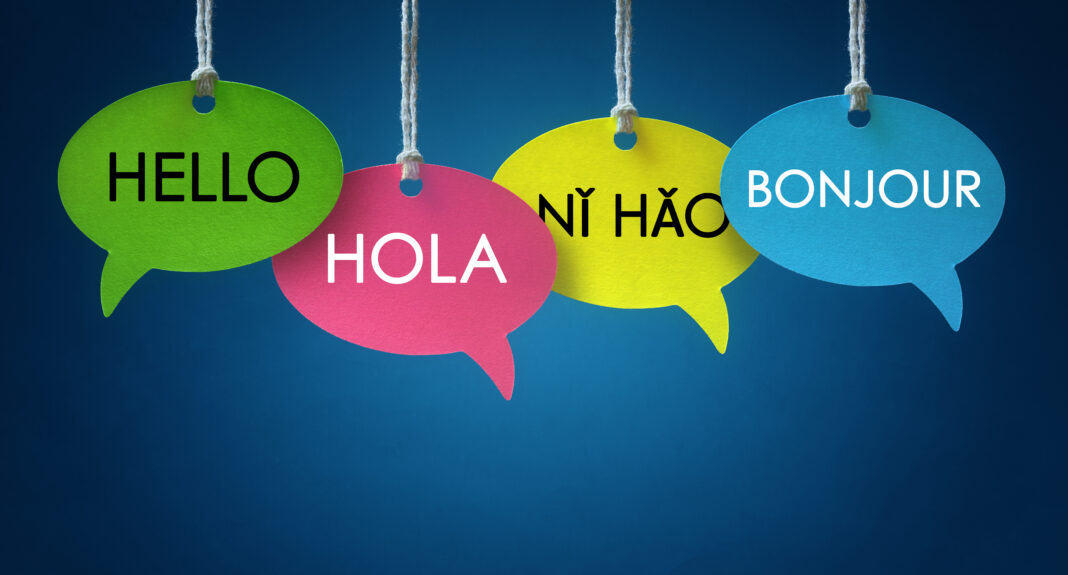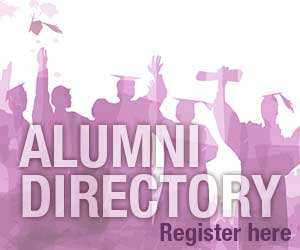E
very month at least one day of awareness of a particular cause is celebrated: perhaps a health condition, some historical struggle, or simply the memory that we live on a single planet shared with millions of inhabitants that we must take care of. May is no exception. The American Speech, Language, and Hearing Association (ASHA) specialists celebrate the awareness month for better hearing and optimal speech and language skills. This celebration has been held for over 50 years and aims to create opportunities to raise awareness about communication disorders and the role of specialists.
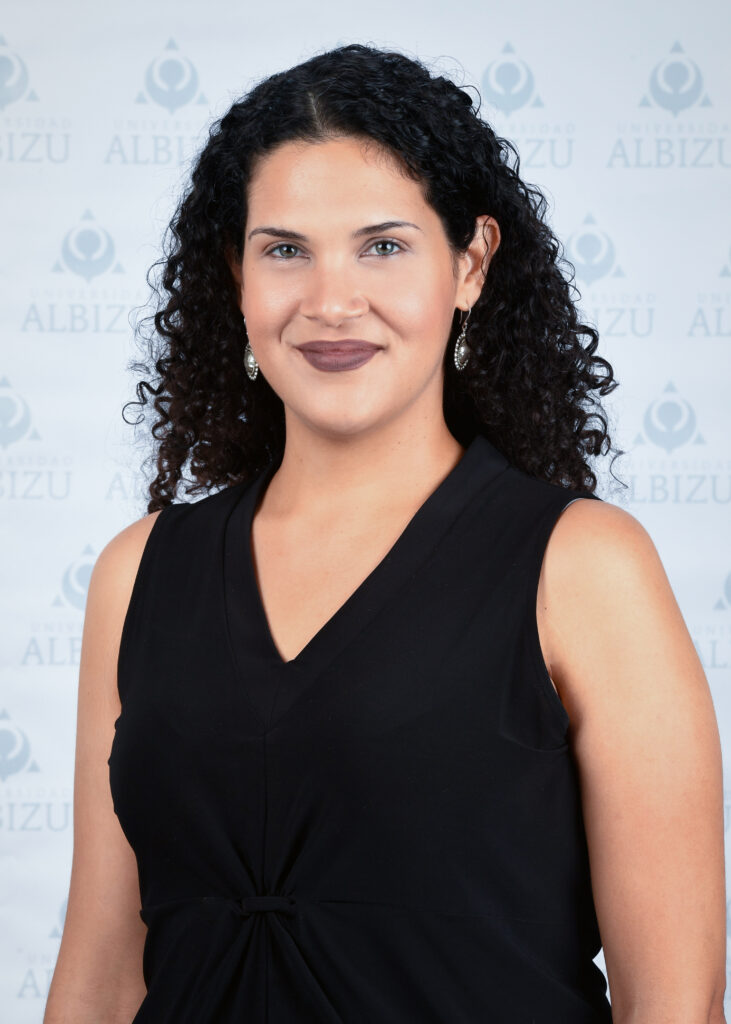
What does it mean to have good language skills?
Is it to know how correctly pronounce the sound corresponding to each alphabet letter? The first thing should be to define the concept of language. Language is the ability of a human being to communicate. According to ASHA, the language is composed of rules that include the meaning of words (semantics), creation (morphology), and combination of words (syntax), as well as the appropriate variety of words for each situation (pragmatics or social rules). The above is nothing other than language components, all necessary for good communication.
However, the traditional framework of reference of communication experts does not mention critical aspects of language. Part of our communication ability is knowing how to recognize and accept the differences that, far from separating us, identify us as people and unite us as linguistic communities. As its name says, one of these aspects of language is non-verbal language. Moving our nose as if it were itchy when we want to ask a simple “what happened” without making a sound is a feature of non-verbal language that identifies us as Puerto Ricans. Are we ashamed of this? Of course not! We are proud!
When it comes to speaking, things are different. So let’s continue to define this new concept. As an oral means of communication, speech includes the components of articulation (pronunciation/diction), voice, and fluency (rhythm). Speech is the individual use that each person gives to language. In Puerto Rico, we have several characteristics that identify us when speaking. We can start by mentioning the omission of the letter /d/ between vowels: “estoy cansao; me comí hasta el pegao, etc.”. The lateralization of the sound r: “calol” instead of “calor” or “álbol” instead of “árbol.” The aspiration of the sound s at the end of the syllable (I will put j to identify the pronunciation): “ejpejuelos” instead of “espejuelos,” meaning glasses. And the famous dragged “erre,” whose accurate description is the velarization of the multiple vibrating sounds.
In addition to the characteristics mentioned earlier, other peculiarities in our Spanish dialect distinguish us from other Spanish-speaking peoples. Yes, I said Spanish dialect. Dialects are the natural way we use language, and our cultural and historical background is reflected in their use. As people change, so does their language. So there’s no need to worry; we’re not belittling Spanish for calling it a dialect. We have many more linguistic characteristics! Puerto Ricans often use diminutives: children don’t watch cartoons; they watch “muñequitos.” Our verbs in the future are not words but phrases: we don’t say “comeré” but “voy a comer.” Likewise, we use gerunds much more than in other countries: athletes don’t run; athletes are running.
Why do we try to mask our way of speaking?
While it is true that there are rules of etiquette and many other social norms that are established in specific academic or educated scenarios, our particularities in speaking fit perfectly within all those scenarios. It is meritorious to remember that categorical way of cataloging Latin language speakers as “vulgar” or “educated.” However, it is even more important to emphasize that those descriptions are also extinguished. We have made much progress on multiculturalism and inclusion; part of that is being proud of who we are and where we come from. As part of the celebration of Better Hearing and Speech Month 2023, I call not only for the development of the best practices in the evaluation and treatment of speech, language, and hearing but also for the defense and recognition of our linguistic idiosyncrasy. If we all talked the same way, wouldn’t it be boring!



